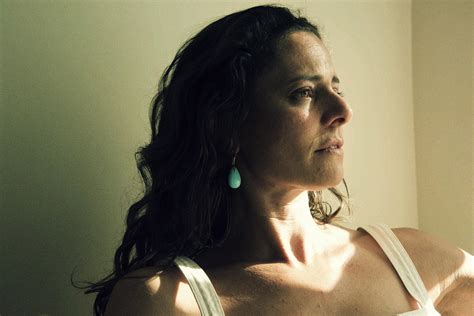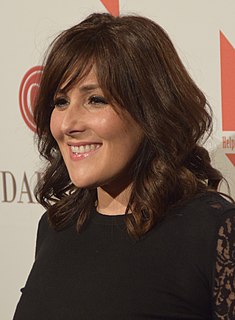A Quote by Norman Spinrad
The thematic, psychological, and cultural concerns of a writer are more relevant than whatever literary mode he or she chooses to deal with in any given novel.
Related Quotes
The new female is competent in all that she chooses. She chooses whatever her heart tells her. She can create a business, lead a country, drive a truck, hammer nails, deliver mail, or raise a family. She is at home in every social and physical environment. She can be a housewife, if she chooses. She can be anything else, too. She is intuitive and heart centered. She is all that a female has been, and more.
Your interviews or blog posts or whatever are less supplements to your novel than part of it. I'm not private, but I believe in literary form - I'll use my life as material for art (I don't know how not to do this) and I'll use art as a way of exploring that passage of life into art and vice versa, but that's not the same thing as thinking that any of the details of my life are interesting or relevant on their own.
I had literary interests my whole life. I decided at the age of five I was going to be a writer. So I had done a great deal of reading. I suppose I was more at home in Greenwich Village than, say, any of classmates from Warsaw High School. But in any case, it was an overwhelming experience for me. It took me some time to begin to assimilate it.
Raven-haired writer Emer Martin is giving a lunchtime reading from her fabulous new novel, Baby Zero. Emer Martin is a brilliant writer, very much the real deal. She tells me that every single Irish review of her new book has made passing reference to Cecelia Ahern. Weird, given that Emer is to chick-lit what Shane MacGowan is to sobriety.



































